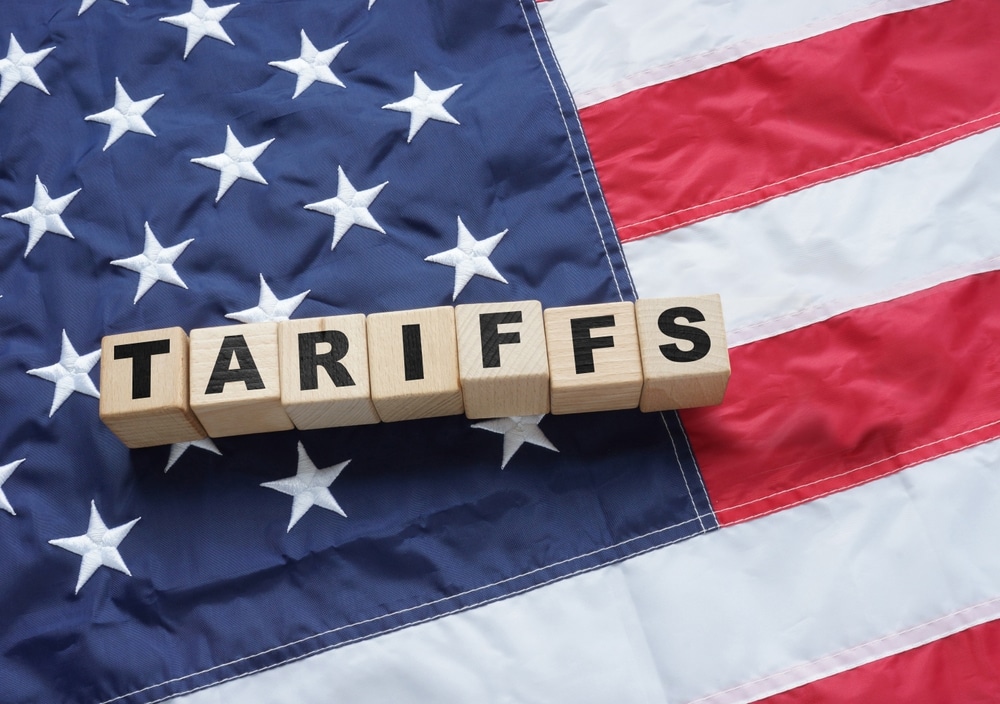Recent news from Mexico’s tax authority, SAT, has sparked significant discussion and concern in the world of e-commerce. On Tuesday, SAT announced new tariffs designed to enhance the monitoring of imported goods, particularly those coming from Asian countries—an initiative that could directly affect online shopping giants like Shein and Temu, which have gained popularity among Mexican consumers.
In a move that intensifies scrutiny, goods arriving in Mexico via courier services from nations lacking an international treaty with the country will now face a hefty 19% import duty. This is particularly relevant for imports from China, the base of operations for both Shein and Temu, as Mexico does not have a trade treaty with this manufacturing powerhouse. So, if you thought your favorite online purchases were exempt from duties, think again; the new tariffs could make shopping from these retailers considerably more expensive.
If you’re ordering from across the border, the situation is a bit different. For items shipped from Canada and the U.S.—countries partnered with Mexico under the United States-Mexico-Canada Agreement (USMCA)—the duty is set at 17%, but only for goods valued between $50 and $117. If you’re splurging on something pricier, be prepared to pay a 19% duty for items exceeding just $1 that come from other nations that do have treaties with Mexico.
This decision isn’t just about putting tariffs in place; it’s part of a broader effort by the Mexican government to combat what they call “abusive practices” in imports. Previously, products below certain price thresholds were exempt from duties, but that is changing swiftly, with new guidelines taking effect starting January 1.
In the mix of these changes is a new decree signed on December 19 by President Claudia Sheinbaum’s administration, which could feel like a punch in the gut for both consumers and online retailers. The decree increases import duties on various categories of clothing—think dresses, shirts, and even home essentials like blankets and curtains—going as high as 35%. One of the goals here is to bolster local businesses by ensuring they aren’t overshadowed by low-cost imports that dodge taxes.
However, this move raises eyebrows as it could have disruptive ramifications for Mexico’s IMMEX program, which allows foreign companies to bring in goods tax-free for manufacturing and re-export purposes. Experts are cautious, pointing out that major players like Shein and Temu might find themselves at a significant disadvantage, potentially changing the landscape of e-commerce in Mexico.
For those who rely on these retailers, it’s a stark reminder that what seems like a deal online might come with hidden costs as tariffs rise. As we move closer to the inauguration of U.S. President-elect Donald Trump on January 20, who has hinted at imposing further tariffs, both consumers and businesses alike are left anxiously wondering how these policy shifts will affect their wallets and shopping habits.
It’s a complicated time for e-commerce enthusiasts in Mexico, where the thrill of snagging a trendy outfit online may soon come with an inflated price tag. Adapting to the new landscape will be essential; whether you’re a shopper trying to keep costs low or a business owner navigating these changes, understanding the nuances of these tariffs and their impacts is crucial for making informed choices in the future.
Image Source: Jack_the_sparow / Shutterstock





























